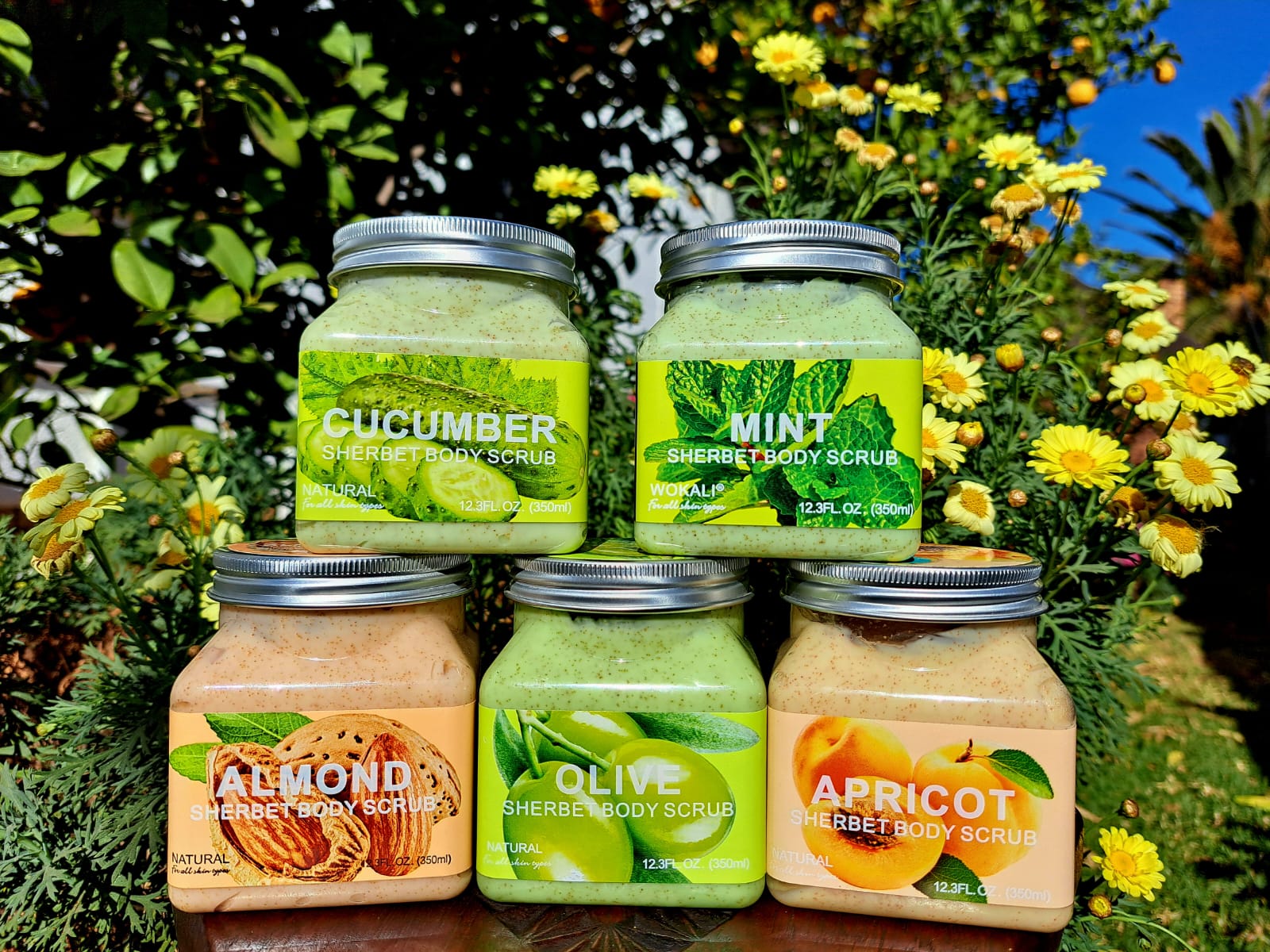The Essential Guide to Self-Care: Why Taking Time for Yourself Matters

In today’s fast-paced world, the concept of self-care has moved from being a luxury to an absolute necessity. Yet, despite its growing popularity, many of us still struggle to prioritize time for ourselves. We get caught up in the hustle of daily life—work deadlines, family responsibilities, social obligations—and self-care often takes a backseat. But taking time for yourself isn’t just a trendy buzzword; it’s a vital component of maintaining your mental well-being and managing stress. In this guide, we’ll explore the importance of self-care and how you can make it a regular part of your routine, with real-life examples to inspire you along the way.
Why Self-Care Is So Important
Let’s start with the basics: why does self-care matter? At its core, self-care is about recognizing your needs and taking intentional actions to meet them. It’s about refueling your mind and body so that you can handle life’s challenges more effectively. Without self-care, stress can quickly accumulate, leading to burnout, anxiety, and even physical health issues.
Consider Sarah, a busy marketing manager and mother of two. For years, Sarah put everyone else’s needs ahead of her own. She skipped meals, stayed up late to meet work deadlines, and rarely found time to relax. Eventually, the stress caught up with her. She started experiencing frequent headaches, trouble sleeping, and a constant feeling of being overwhelmed. It wasn’t until her doctor recommended she make self-care a priority that Sarah realized she needed to make a change. By carving out just 20 minutes a day for herself—whether it was a short walk, a few minutes of meditation, or simply sitting quietly with a cup of tea—Sarah began to feel more balanced and better equipped to handle the demands of her life.
Sarah’s story is a reminder that self-care isn’t selfish; it’s essential. When you take care of yourself, you’re better able to take care of others. It’s like the oxygen mask analogy on airplanes: you need to put on your own mask first before assisting others. By investing in your mental well-being, you’re not only improving your own quality of life but also ensuring that you can be there for those who rely on you.
Examples of Self-Care
Self-care doesn’t have to be elaborate or time-consuming. In fact, it’s often the small, simple acts that make the biggest difference. Here are a few real-life examples of self-care practices that can help you manage stress and improve your mental well-being:
1. Creating a Morning Ritual: Take Anna, a teacher who starts her day with a calming morning ritual. Instead of jumping straight into work, she spends 15 minutes journaling and sipping her favorite herbal tea. This quiet time allows her to set a positive tone for the day and approach her responsibilities with a clear mind.
2. Setting Boundaries: John, a software developer, learned the hard way that saying “yes” to everything leads to burnout. Now, he’s more mindful about setting boundaries. He’s learned to say “no” to non-essential tasks and to protect his evenings for relaxation and family time. This boundary-setting has dramatically reduced his stress levels and improved his overall happiness.
3. Mindful Movement: Maria, a nurse, incorporates mindful movement into her routine. After a long shift at the hospital, she finds relief in a gentle yoga practice. The combination of stretching and deep breathing helps her release the physical and emotional tension that builds up during the day, allowing her to unwind and recharge.
How to Make Self-Care a Habit
Incorporating self-care into your daily routine doesn’t require a complete lifestyle overhaul. Start small and choose activities that resonate with you. The key is consistency—making self-care a regular, non-negotiable part of your day.
• Schedule It: Treat self-care like any other important appointment. Block out time on your calendar and honor it as you would a meeting or a doctor’s visit.
• Listen to Your Body: Pay attention to what your body and mind need. If you’re feeling exhausted, prioritize rest. If you’re feeling overwhelmed, take a few moments to breathe deeply and recenter yourself.
• Be Kind to Yourself: Remember, self-care isn’t about perfection. Some days will be easier than others, and that’s okay. The important thing is that you’re making an effort to take care of yourself, even in small ways.
Final Thoughts: The Ripple Effect of Self-Care
When you prioritize self-care, you create a positive ripple effect in every area of your life. You become more resilient in the face of stress, more present with loved ones, and more fulfilled in your daily activities. Whether it’s taking a quiet moment to yourself, engaging in a hobby you love, or simply saying “no” to things that drain you, self-care is an investment in your long-term mental well-being.
So, take a page out of Sarah, Anna, John, and Maria’s books. Start making self-care a priority today, and watch as it transforms not only your stress levels but your entire outlook on life. Because when you take care of yourself, you’re better equipped to take on the world.








